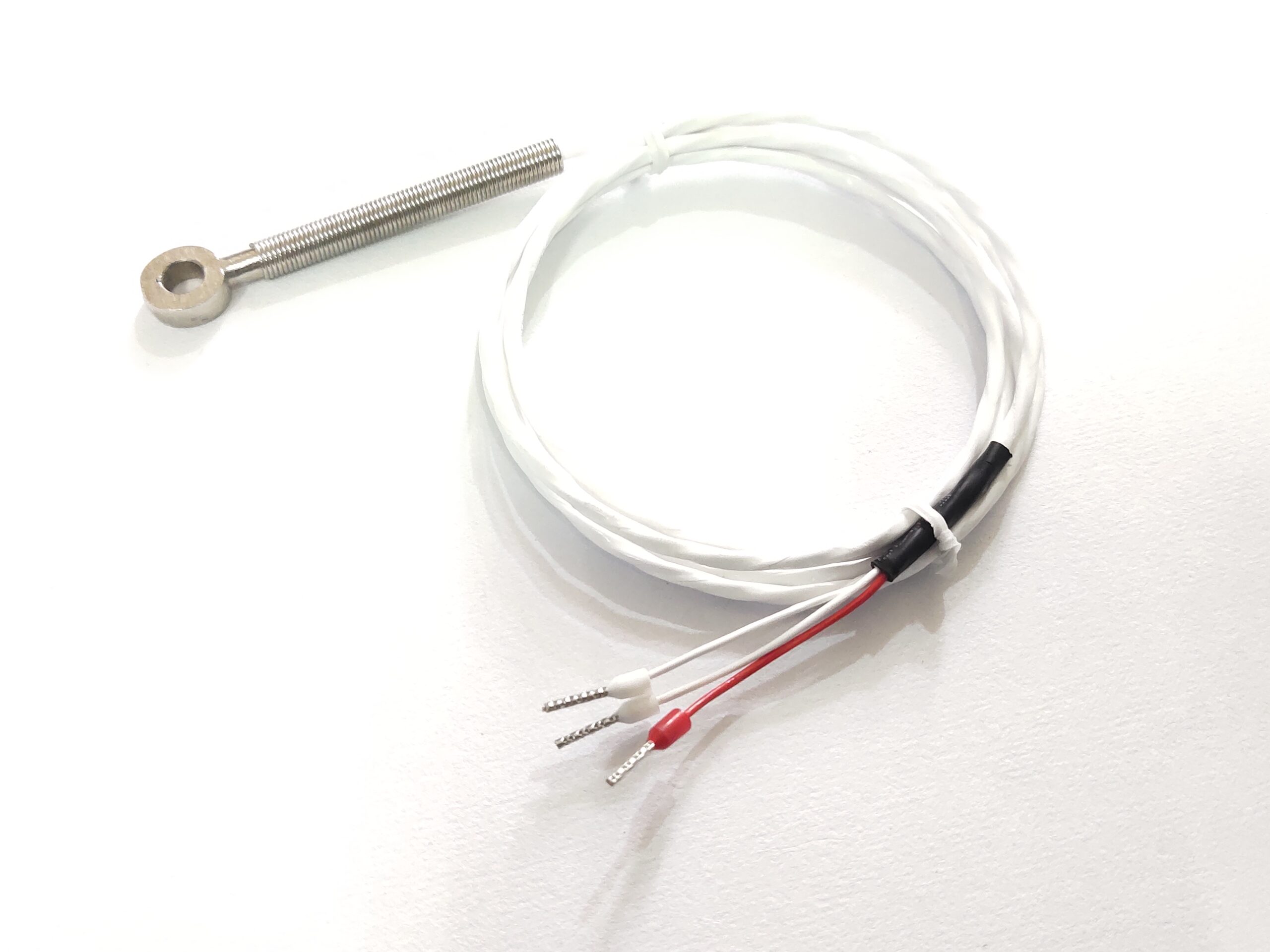Description
|
Type |
E , K , J , T , Rtd (pt 100) |
|
Temperature Range |
-50 to 500 °C |
|
Tip |
Dia : 3 to 12 mm, Length : 20 to 500 mm |
|
Thread Size |
1/4 , 3/8 , 1/2 & 3/4 in BSP and NPT |
|
Wire Length |
0.5 mtr to 10 mtr |
|
Junction |
Grounded, Ungrounded |
- Thread-in thermocouple sensors are a type of temperature sensor that can be threaded or screwed into a hole or opening in a material to measure its temperature using the thermocouple principle.
- The threaded design allows for easy installation and removal of the sensor, and provides a secure and stable connection to the material being measured.
- Thread-in thermocouple sensors are commonly used in industrial processes and equipment monitoring applications where direct contact with the material being measured is required.
- The probe of the thermocouple sensor is typically made of a thermally conductive material such as stainless steel, Inconel, or other alloys to ensure accurate temperature measurement.
- The size and shape of the probe can be customized to fit the specific hole or opening in the material being measured.
- Thread-in thermocouple sensors are available in various types, including Type K, Type J, Type T, and others, depending on the temperature range and accuracy required for the application.
- The thermocouple wires are connected to a thermocouple amplifier or other signal conditioning circuit to convert the thermocouple voltage output into a temperature reading.
- Thread-in thermocouple sensors can be used in a wide range of applications, including heating and cooling systems, automotive engines, and industrial equipment monitoring.
- Some thread-in thermocouple sensors come with a waterproof or explosion-proof housing to protect them from moisture, dust, or other hazards in the environment.
- Thread-in thermocouple sensors are often more durable and longer lasting than surface-mounted sensors, as they are less likely to be damaged or dislodged during use.


